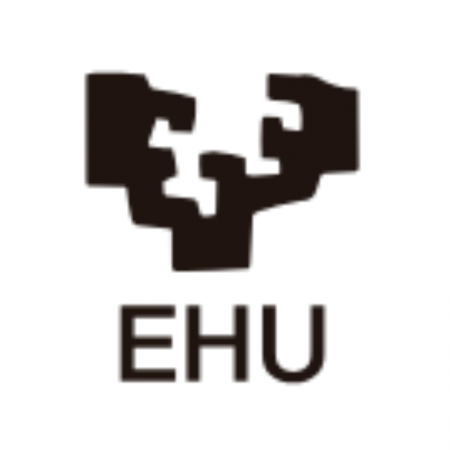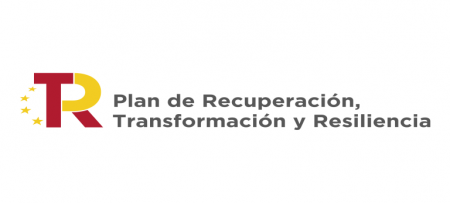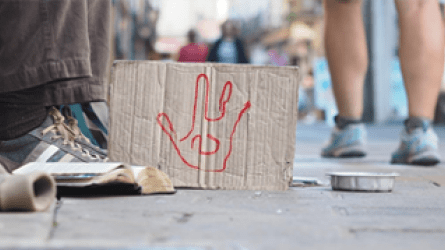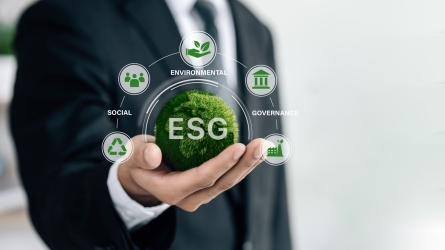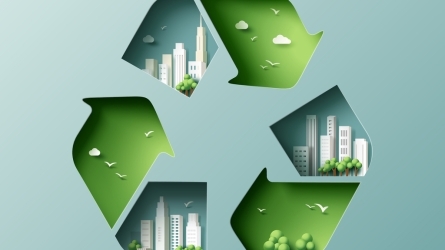
Application of Life Cycle Thinking tools for the promotion of the Circular Economy
This course will provide knowledge on the fundamentals of the Circular Economy, Ecodesign and Life Cycle Thinking. Students will also be introduced to the various applications of Life Cycle Assessment.
Description
In the last two centuries we have overexploited our natural resources, making them increasingly scarce and difficult to obtain. Therefore, the fourth industrial revolution is representing a disruptive change in technological development; development that must go hand in hand with a decoupling between economic growth and the consumption of natural resources. This last aspect is providing opportunities to create new business models, break into new markets and generate quality jobs in the field of the Circular Economy. In the circular model, the value of products and materials is maintained for as long as possible in the value chain, the extraction of raw materials is reduced to a minimum and resources are repeatedly reintroduced into the production cycle. In short, it represents a change from “extract, produce, use and throw away” to “rethink, redesign, reduce, reuse, repair, remanufacture, recycle and recover” and, ultimately, “do more with less.”
The transformation towards a more sustainable circular business requires information on the inputs and outputs of the systems, the measurement of their impacts, data management and data exchange across the value chain.
How can we quantify this? How can we evaluate and communicate the impacts? Through the concept, importance and implementation of Life Cycle Thinking (LCT), the evaluation of the environmental, economic and social aspects of the product-service is covered and the quantification is carried out following the ISO14040 standard, Life Cycle Analysis (LCA). ). This training aims to provide the people who participate with knowledge and use of tools such as LCT and LCA, as well as design tools with impact calculations, since they are crucial when establishing a circular economy, because they take into account the positive impacts and negative aspects of the entire life cycle.
This micro-credential is aligned with European policies derived from the European Green Deal, interconnected with Industry 4.0, the strategy of our region and as such a priority is increasingly integrated into the strategic sectors of the Basque Country.
Objectives
Circular Economy + Eco-design + Life Cycle Thinking.
Learning outcomes and type of achievement
At the end of this training, the student will be able to:
- Understand and explain the modifications implied by the transition from a linear to a circular economy.
- Recognize the opportunity that circular solutions represent to business in different sectors, as well as to propose them.
- Understand the current environmental problems associated with products and services.
- Define the concept of Life Cycle and identifies the phases of the life cycle of a product or service.
- Describe the fundamentals and regulations of Life Cycle Assessment (LCA).
- Know and apply evaluation methodologies and software tools for the life cycle analysis of products and services and environmental footprint of organizations.
- Interpret LCA results and proposes alternatives to reduce negative impacts.
Access prerequisites and admission criteria
Preference will be given to professionals in the field of Business-Economy and Engineering with experience providing services in strategic sectors for the circular economy (automotive, transport equipment, electrical and electronic equipment, machine tools, metal, chemical, construction). , agroforestry, finance and environmental services subsector, among others).
For admission to training, 1) professional experience and training (CV) and 2) motivation to take the microcredential (letter) will be taken into account.
It is advisable that people who take it complement this micro-credential with the one titled “APPLICATION OF ENVIRONMENTAL MANAGEMENT TOOLS TO PROMOTE THE CIRCULAR ECONOMY”
Required age: between 25 and 64 years old.
Level of learning experience according to EQF European Qualifications Framework
6- LEVEL 2.
7- LEVEL 3.
ESCO, European Skills, Competences, Qualifications and Occupations competency frameworks
Managing people, activities, resources, and organisation; developing objectives and strategies, organising work activities, allocating and controlling resources and leading, motivating, recruiting and supervising people and teams.
Communicating, collaborating, liaising, and negotiating with other people, developing solutions to problems, creating plans or specifications for the design of objects and systems, composing text or music, performing to entertain an audience, and imparting knowledge to others.
Evaluation tests
- Practical evaluations: 4. Tasks: (Practical exercises)
Activity directed to
- All public
- Students not from university
- Teachers
- Professionals
Methodology
The course is blended learning with sessions via Teams on Tuesdays from 17:00 to 19:00 and face-to-face sessions on Thursdays from 17:00 to 19:00 at the School of Engineering in Bilbao.
Therefore, the course can be followed by professionals from companies in the geographical area of Bizkaia and neighbouring territories.
Organised by
In collaboration with
Directors
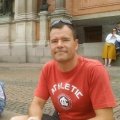
Rikardo Minguez Gabiña
University of the Basque Country (UPV/EHU)
Industrial Engineer specialized in Mechanical engineering (1995) by the Faculty of Engineering in Bilbao. He works at the Department of Graphic Design and Engineering Projects since 1998. He was recognized as Full Professor since 2019. Head of the Department of Graphic Design and Engineering Projects since 2016. Chair of the board of studies of the Master's Degree 'Circular Economy: Business Application' of the University of the Basque Country. He joined Laval University in Québec in 2005 as a visiting scientist. He works in the Product Design Laboratory since its creation in 2005, and in the Life Cycle Thinking Group. His current research focuses on Product Life Cycle Assessment, Ecodesign and Circular Economy.

Charles Pinto ---
Universidad del País Vasco (UPV/EHU)
Speakers
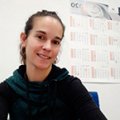
Maider Iturrondobeitia Ellacuria
Chemical Engineer (2006) by the University of the Basque Country (UPV/EHU. She obtained PhD degree in Material science and technology in 2014. She is Associate Professor at the Department of Graphic Design and Engineering Projects of the School of Engineering in Bilbao, University of the Basque Country (UPV/EHU) since 2015. Maider is specialised in bioplastic technology and her research is dedicated to the design of new biobased and lightweight materials for engineering applications. She lectures Life Cycle Assessment (LCA) methods in Master's Degree 'Circular Economy: Business Application' and ‘European Master in Project Management’ of the University of the Basque Country. LCA methodologies are also included in her research work pursuing a reduction of environmental impacts.

Erlantz Lizundia Fernandez
Erlantz Lizundia is Associate Professor at the School of Engineering in Bilbao, University of the Basque Country (UPV/EHU). He received his PhD in Advanced Materials Engineering in 2011 at the UPV/EHU. Erlantz joined the University of British Columbia (Canada) and ETH Zurich (Switzerland) in 2016 and 2018 as a visiting scientist. His work aims to develop environmentally sustainable materials and technologies based on renewable and biodegradable materials such as cellulose, chitin or lignin, using green chemistry, biomimetic, bioeconomy, and circular economy approaches. Erlantz also works on the eco-design of batteries and their recycling, polymer upcycling, or biopolymer valorization through life cycle assessment (LCA).

Rikardo Minguez Gabiña
University of the Basque Country (UPV/EHU)
Industrial Engineer specialized in Mechanical engineering (1995) by the Faculty of Engineering in Bilbao. He works at the Department of Graphic Design and Engineering Projects since 1998. He was recognized as Full Professor since 2019. Head of the Department of Graphic Design and Engineering Projects since 2016. Chair of the board of studies of the Master's Degree 'Circular Economy: Business Application' of the University of the Basque Country. He joined Laval University in Québec in 2005 as a visiting scientist. He works in the Product Design Laboratory since its creation in 2005, and in the Life Cycle Thinking Group. His current research focuses on Product Life Cycle Assessment, Ecodesign and Circular Economy.
Registration fees
If the microcredential has already started there will be no refund of the enrolment fee.
| Registration | Until 20-10-2025 |
|---|---|
| 270,00 EUR |
Venue
Bilbao School of Engineering - 1st building - UPV/EHU
Plaza Ingeniero Torres Quevedo, n. 1. 48013 - Bilbao
Bizkaia
Bilbao School of Engineering - 1st building - UPV/EHU
Plaza Ingeniero Torres Quevedo, n. 1. 48013 - Bilbao
Bizkaia

